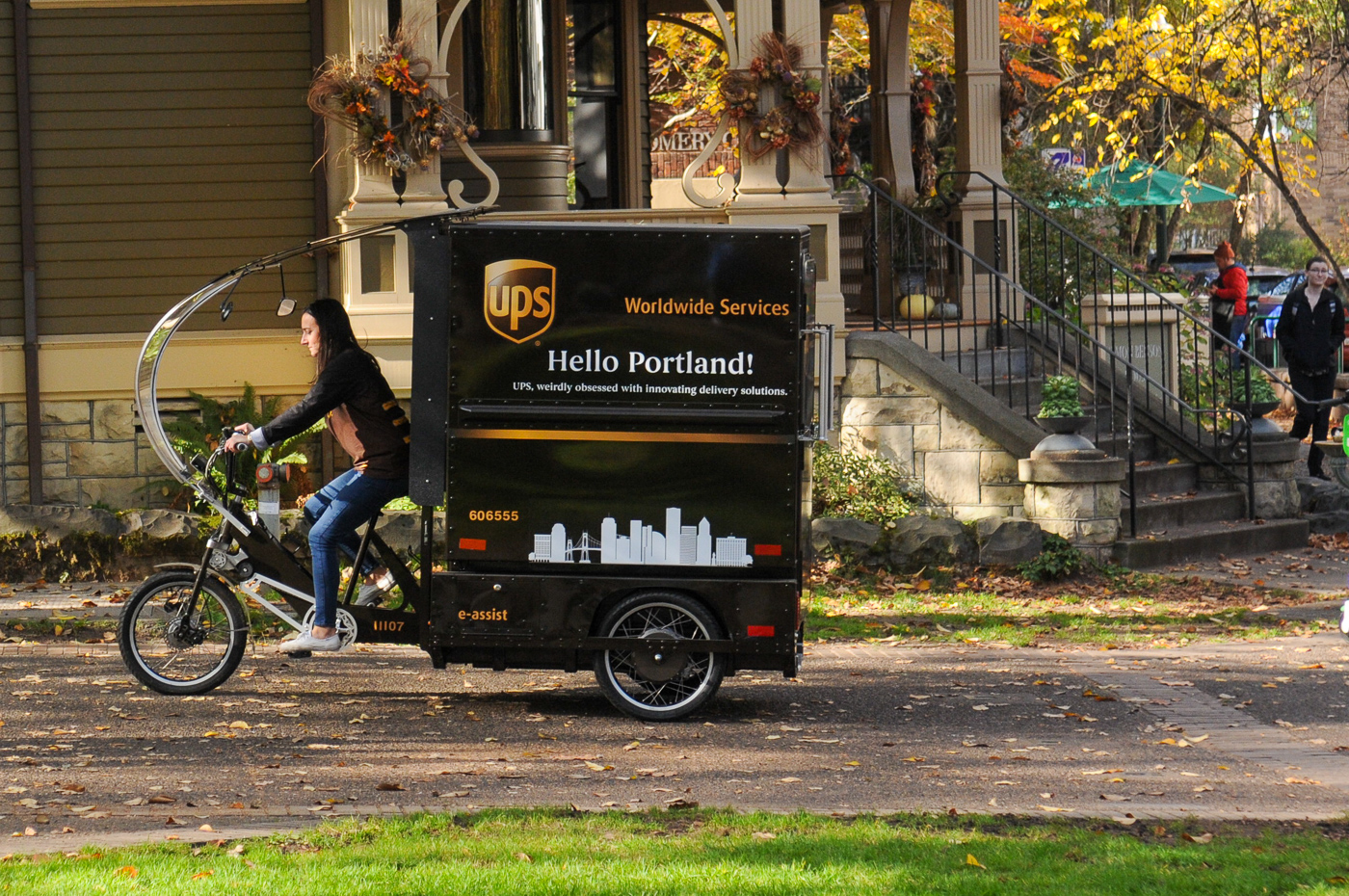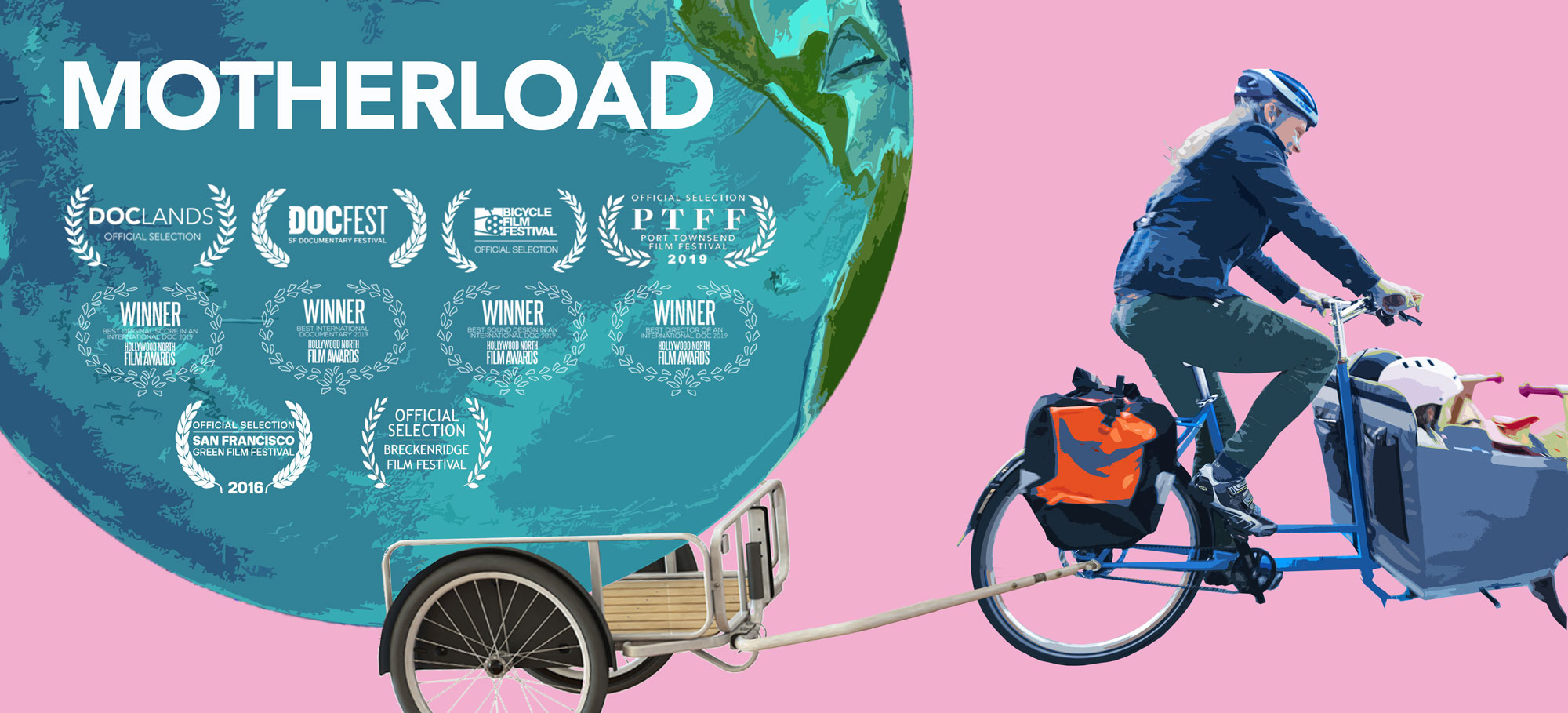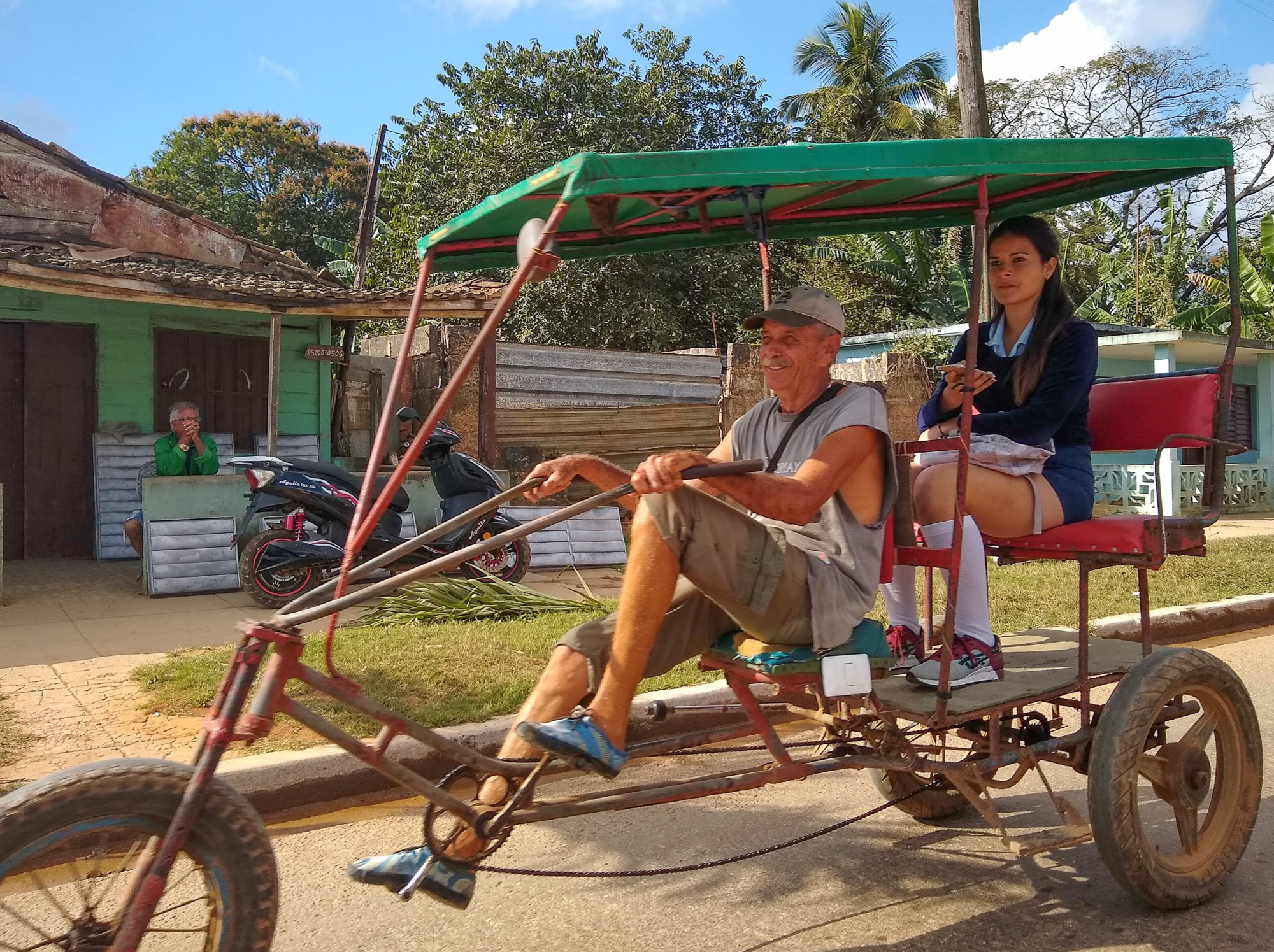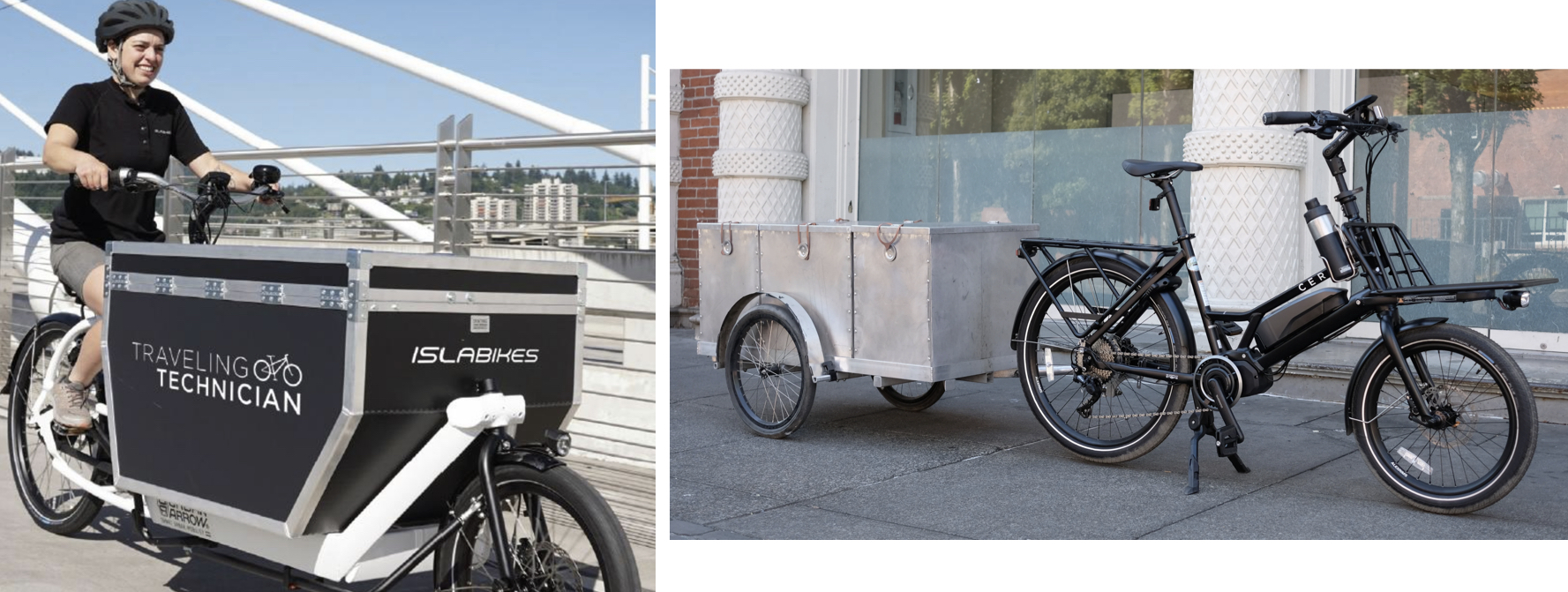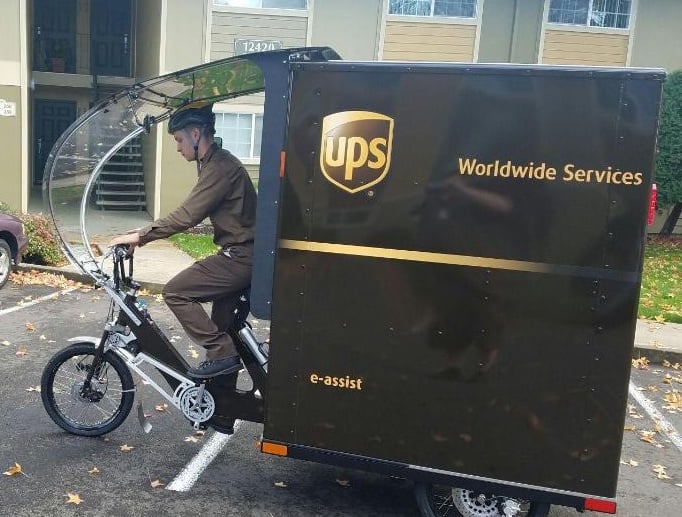Cargo bikes
Welcome to our coverage of cargo bikes. From the first shipment of bakfiets to arrive on U.S. soil, to the latest trends in business and designs, we’ve covered cargo bikes since the beginning. Scroll down to browse our stories. (If you have a cargo bike story idea, please get in touch.)
Review: ‘Motherload’ film gives cargo bikes their due
This film will tug at your heartstrings and make you want to ride your bike
Join us for ‘Motherload’ film screening and bike parade this Thursday
Portland features prominently in the film.
Guest post: ‘Bicitaxis’ and the streets of Cuba
Bicitaxis are ubiquitous in Cuba.
A donated bike fleet will help Portland Street Medicine expand their reach
Bikes = more medical aid to people in need.
Portland-made Truck Trike stars in UPS cargo delivery pilot program in Seattle
The trike has been in development since 2010.
Islabikes and Go Box are the latest Portland businesses to add electric cargo bikes to their fleet
The right tool for the job.
Portland cargo bike maker Metrofiets calls it quits after 11 years
Metrofiets was something we could all be proud of.
Marijuana home delivery now a reality; but don’t expect it by bike
The rules prevent it. But why?
UPS now using pedal-powered trike to deliver freight in Portland
“The bicycle may be making a comeback.”
Cargo trike company B-Line takes over delivery for SoupCycle
A welcome maturation of our cargo bike economy.



